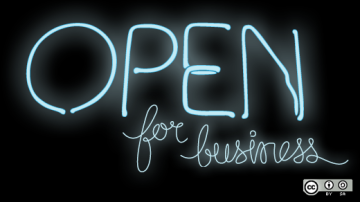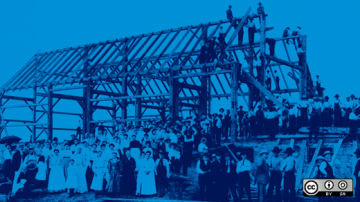
People person, technology enthusiast and all-things-open evangelist. Head of marketing at Nextcloud, previously community manager at ownCloud and SUSE and a long time KDE marketing veteran, loves biking through Berlin and cooking for friends and family. Find my personal blog here.







Authored Comments
Sure it does.
Let me copy from config.php.sample:
'session_keepalive' => true,
/**
* Enable or disable the automatic logout after session_lifetime, even if session
* keepalive is enabled. This will make sure that an inactive browser will be logged out
* even if requests to the server might extend the session lifetime.
*
* Defaults to ``false``
*/
'auto_logout' => false,
This is available since Nextcloud hub 19. If you use public computers a lot, this is useful. For most other users it is probably a nuisance and the use of the remote wipe feature is an easier and more useful solution.
Yup, great addition that also calculates things out a bit. Thanks!